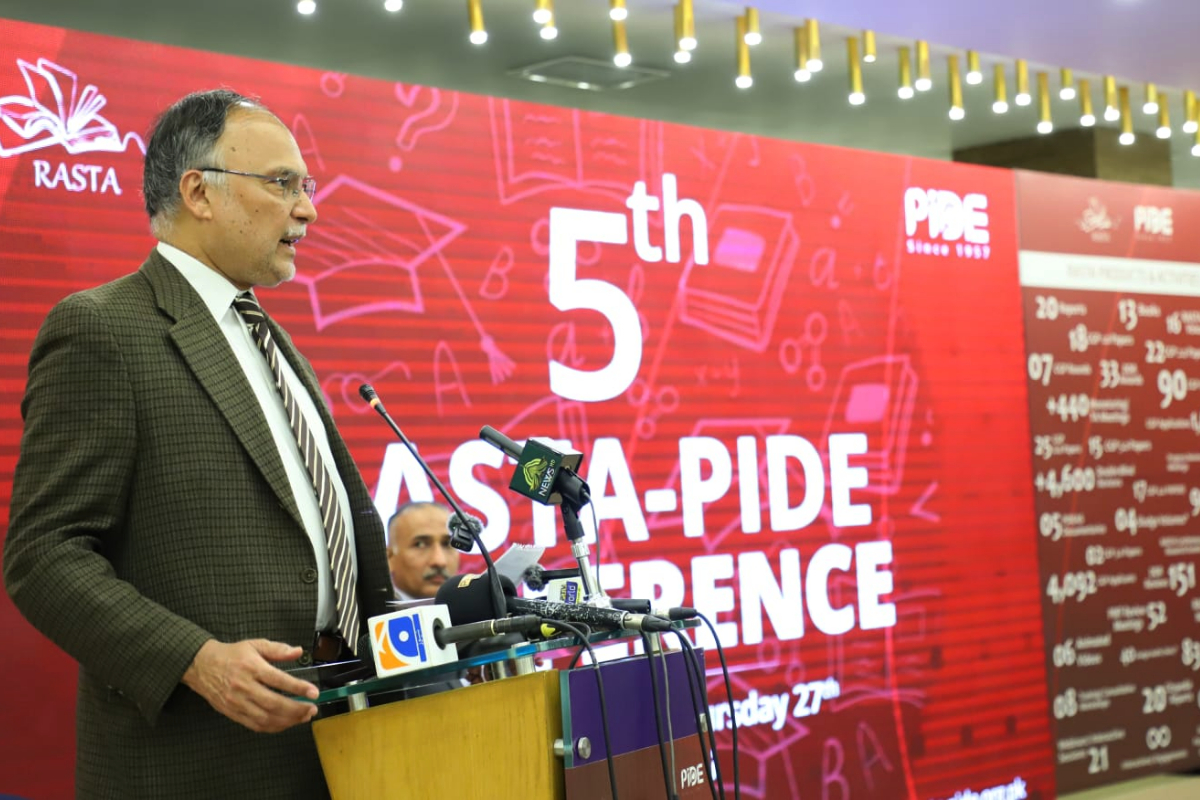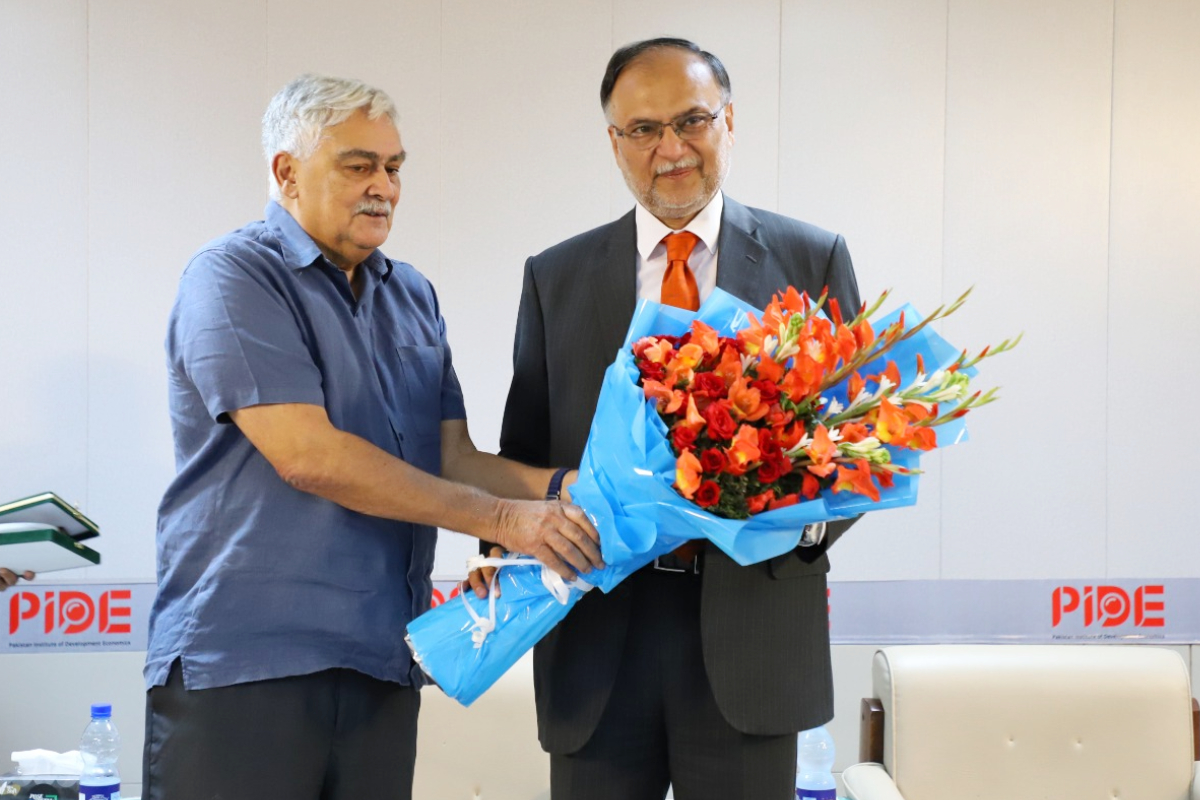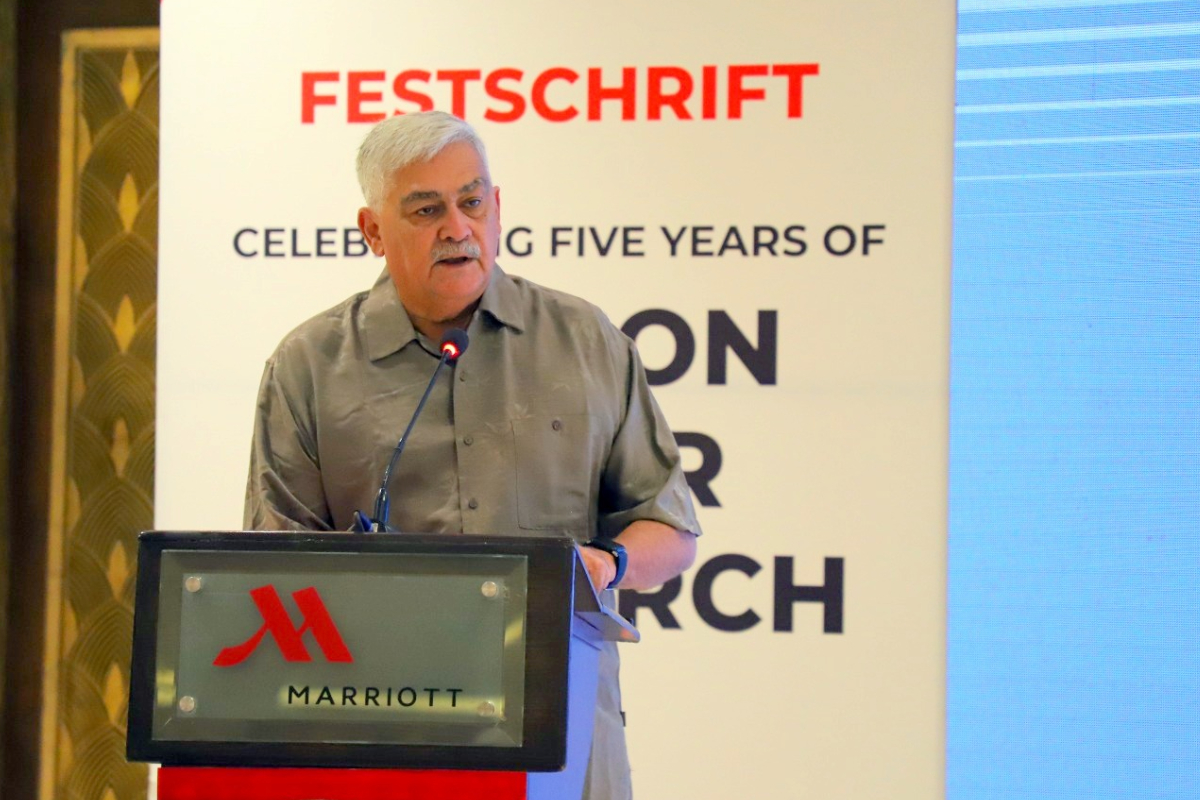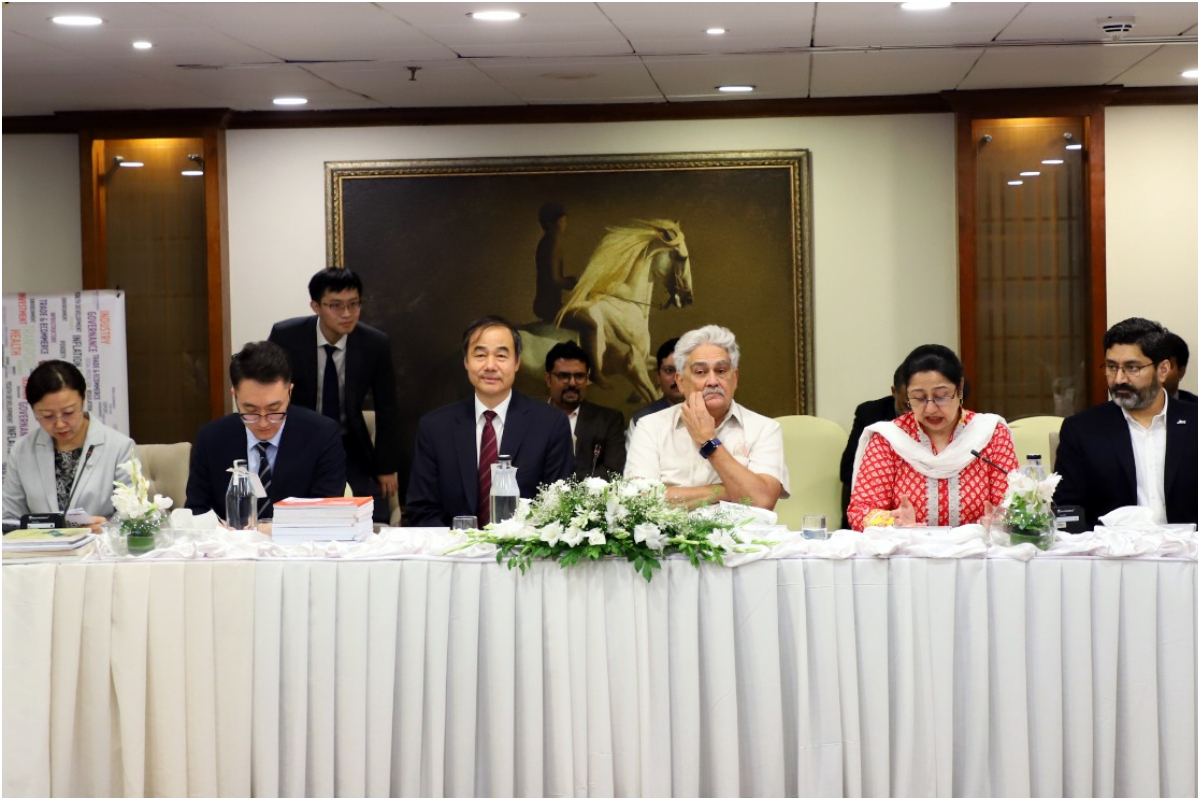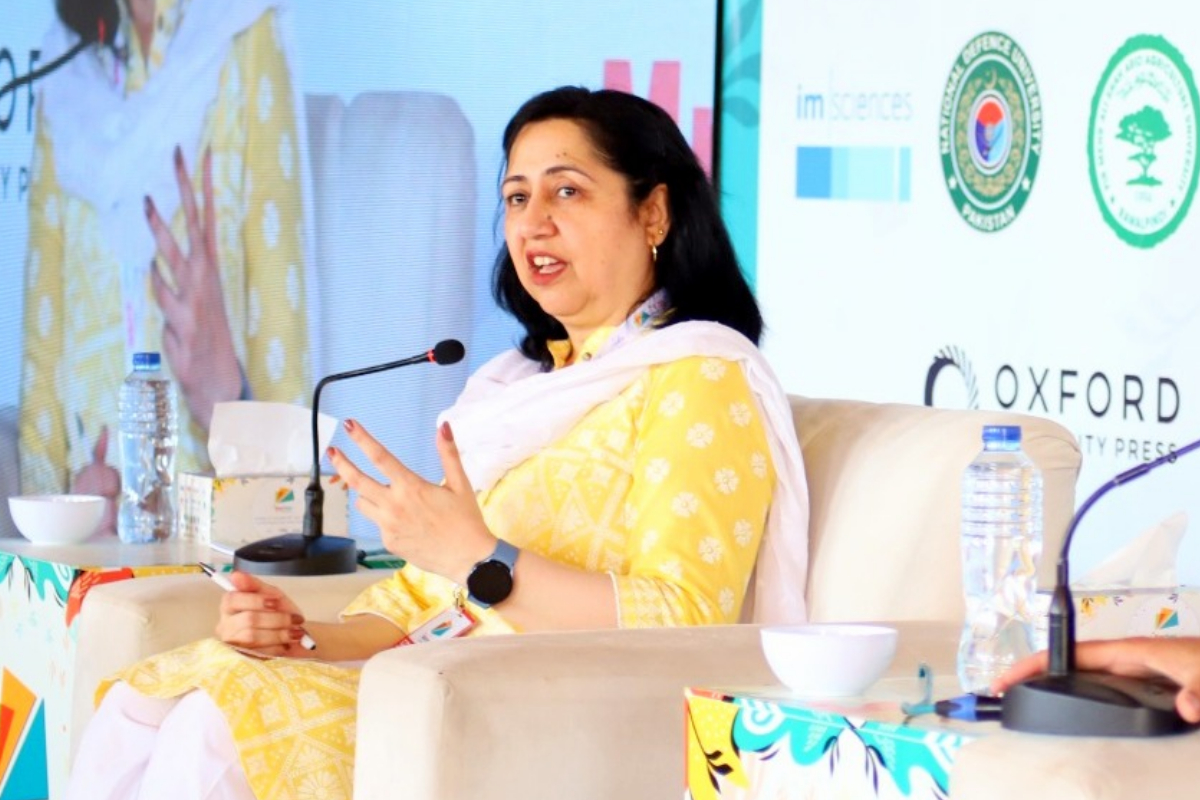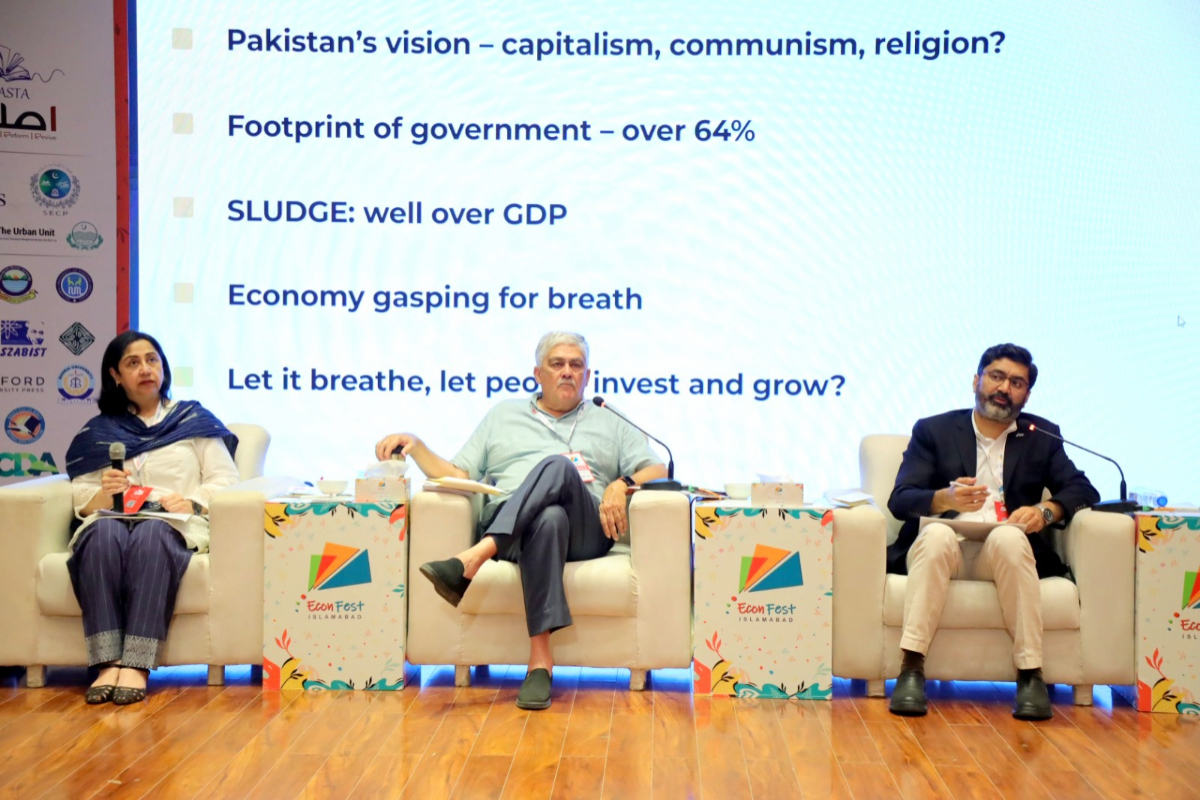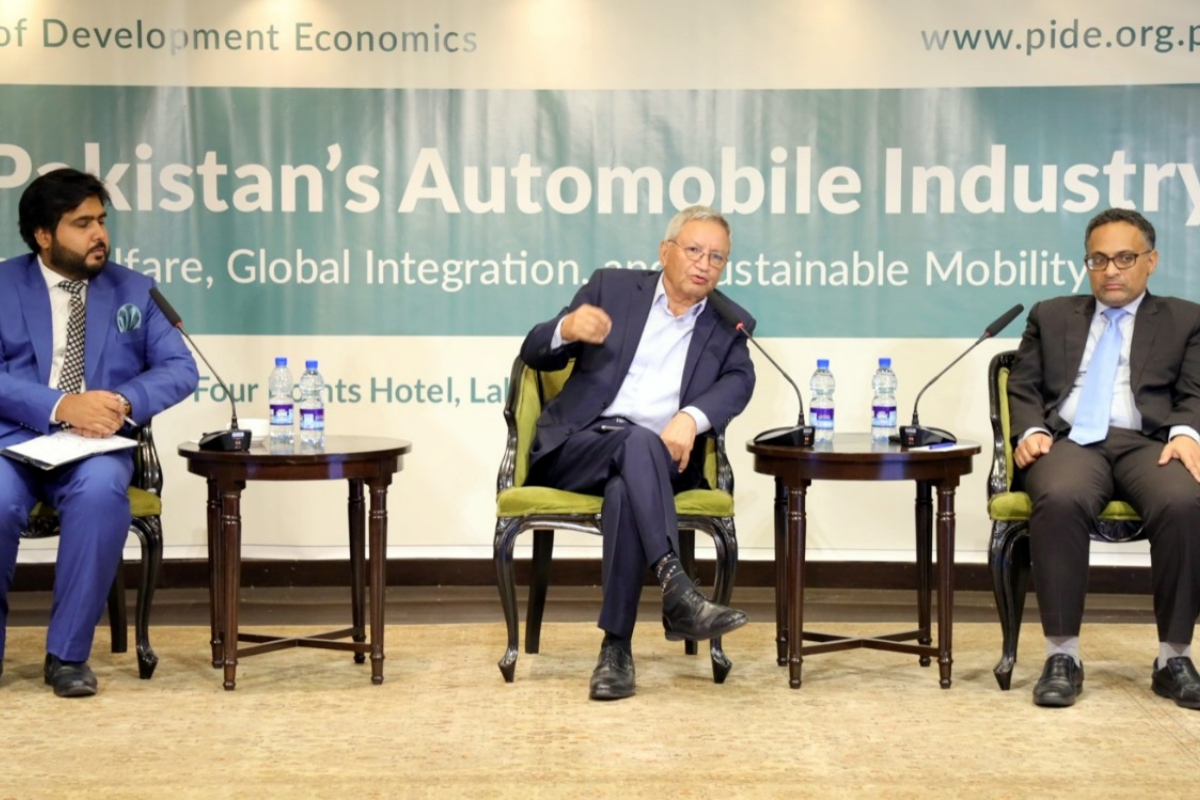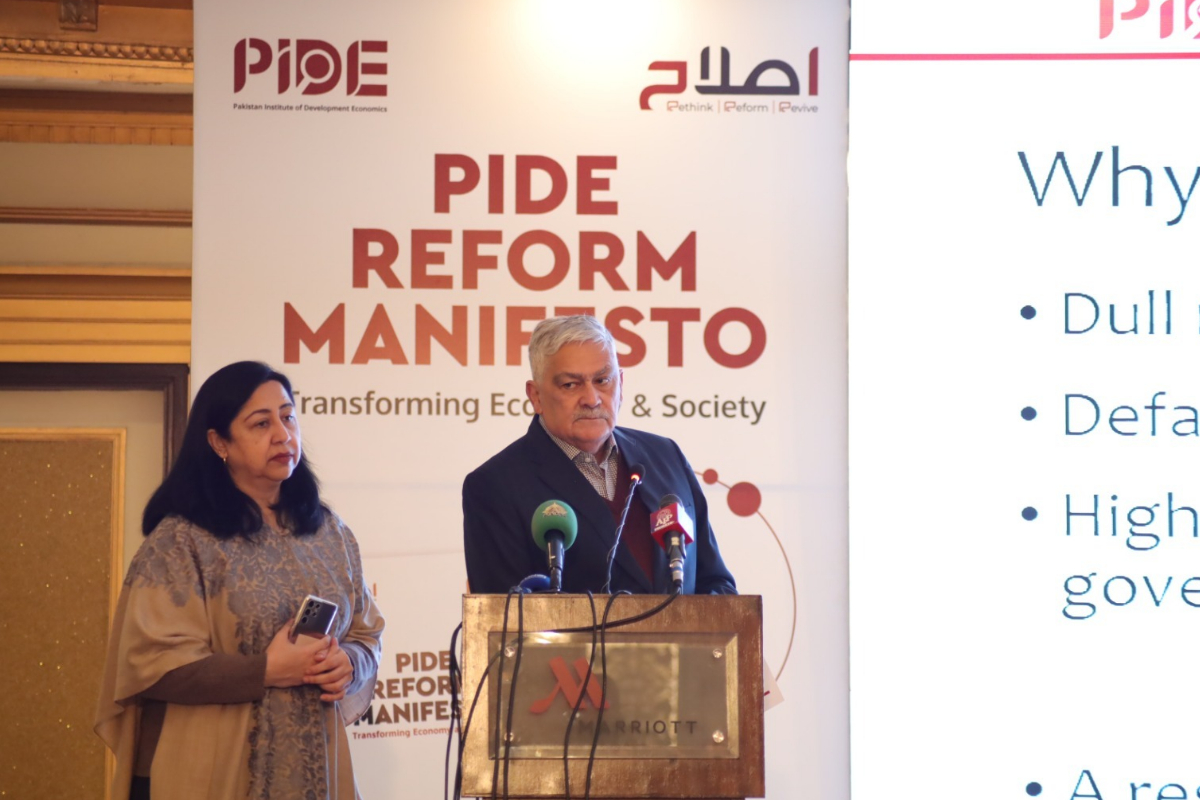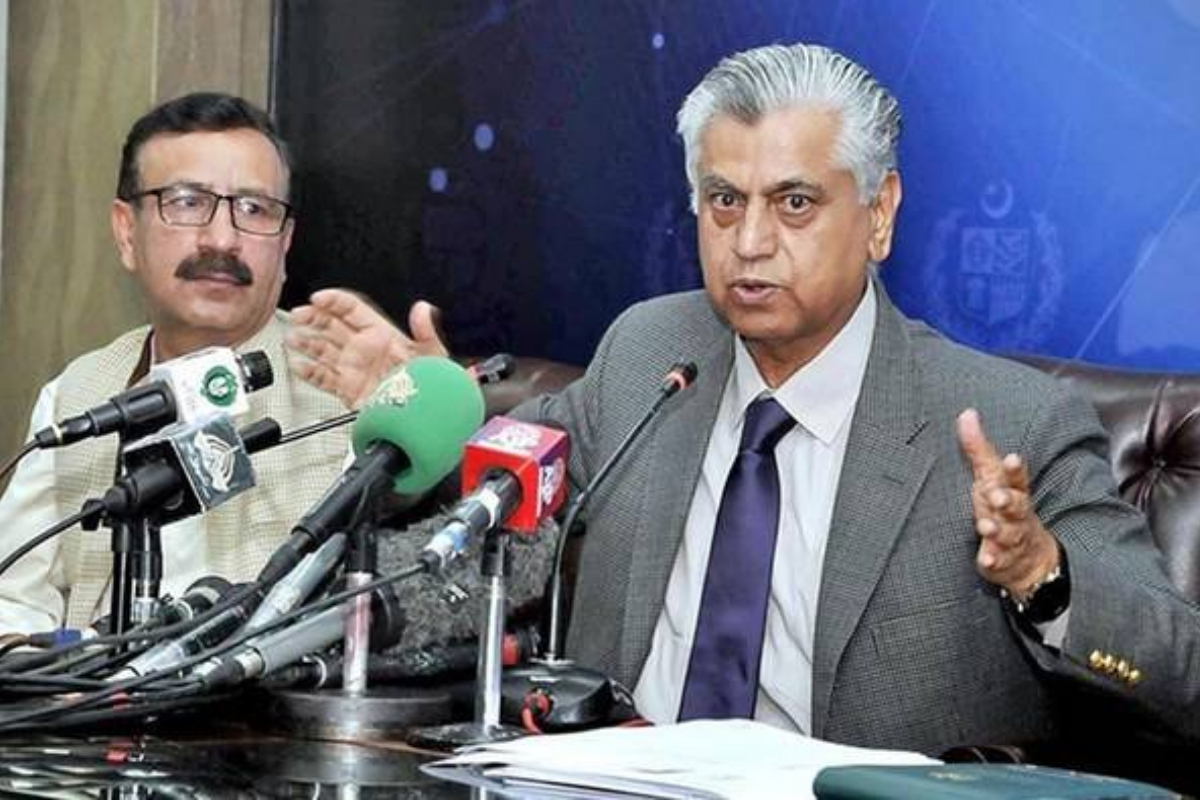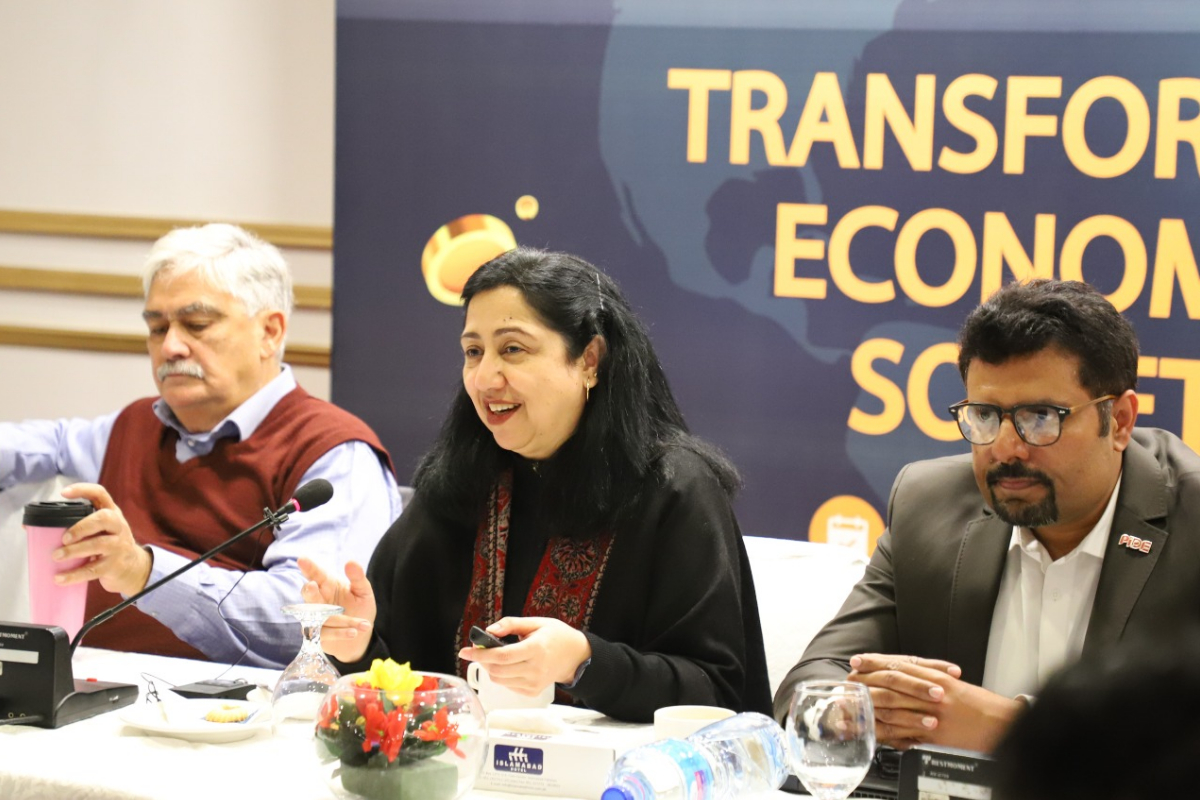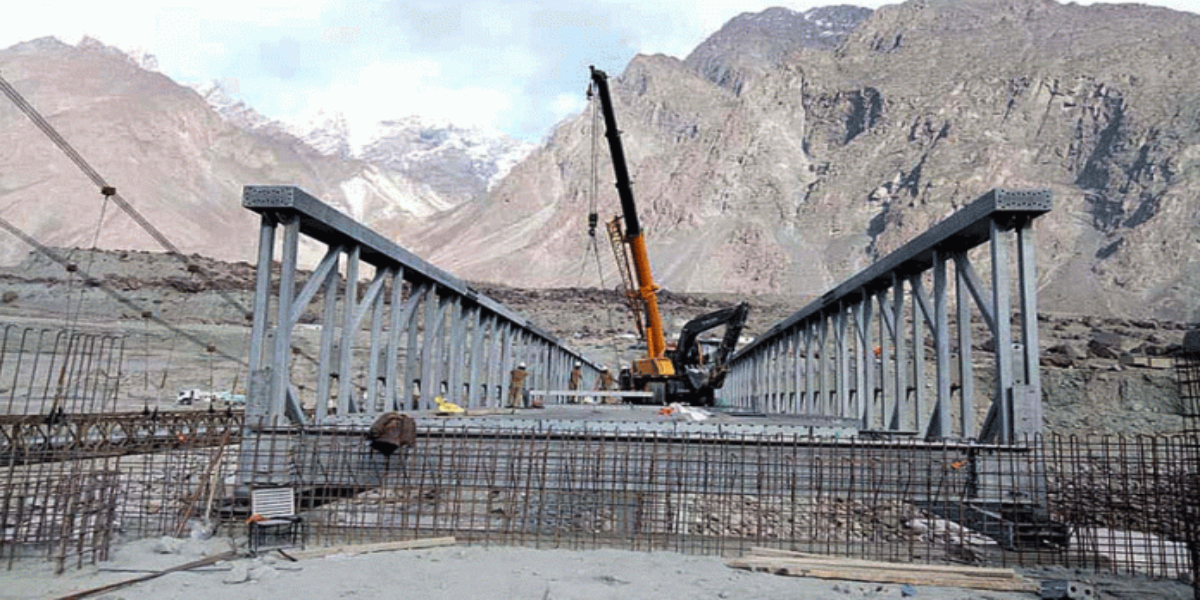ISLAMABAD: Pakistan Institute of Development Economics (PIDE) inaugurated the 5th RASTA Conference, reaffirming its commitment to evidence-based policymaking, economic innovation, and research-driven reforms. As Pakistan’s largest economic and public policy research grant initiative, RASTA has grown into a dynamic platform for intellectual discourse, collaboration, and actionable policy solutions.
The conference brought together renowned academics, policymakers, and development experts, fostering an open exchange of ideas on Pakistan’s economic future.
Federal Minister for Planning and Development Prof Ahsan Iqbal, the chief guest, delivered a compelling keynote address, likening Pakistan’s economic journey to an athlete making up for lost ground. With 22 critical years ahead, he warned that the country must sprint forward, eliminating inefficiencies and embracing structured, data-driven policymaking.
He pointed to China, South Korea, and Singapore as examples of nations that have successfully leveraged scientific planning, phased implementation, and policy consistency to achieve economic success, while Pakistan continues to complicate simple problems.
Research, he stressed, must move beyond academic papers and integrate into industry, governance, and economic policies. Despite billions invested in STEM education, he cautioned that without proper application, these investments risk becoming wasted opportunities.
Highlighting governance instability and policy discontinuity as major barriers to economic progress, he recalled that between 2013 and 2018, Pakistan eliminated power shortages, secured $25 billion through CPEC, and improved security.
As a way forward, he called for rapid export expansion, resource optimization, and structured economic planning. Setting an ambitious target, he proposed scaling Pakistan’s exports from $30 billion to $100 billion, leveraging industrial, agricultural, and service sector growth.
Earlier, in his opening remarks, Dr Muhammad Nadeem Javaid, Vice Chancellor of PIDE, emphasized that PIDE is not just a think tank—it is a bridge between research and action.
He outlined a vision for strengthening Pakistan’s policymaking landscape through new initiatives designed to ensure that research translates into real impact.
He announced the establishment of a Policy Lab that will provide real-time, data-driven solutions for governance and economic challenges.
To further enhance the quality of research and policy recommendations, PIDE is implementing a rigorous research funding mechanism that prioritizes high-impact, evidence-based studies.
Dr Faheem Jehangir, Director Policy at PIDE and Project Director RASTA, provided insights into RASTA’s remarkable expansion over the past four years.
The initiative has cultivated an extensive knowledge network, collaborating with 70 local universities, 12 international institutions, and over 4,300 researchers, practitioners, and academicians.
The Competitive Grant Program (CGP) has received 1,664 applications across seven rounds, but to maintain quality and impact, only 90 research projects (7.8% selection rate) were funded. Of these, 65 have been successfully completed, while the remaining 25 are being presented at this conference.
The conference also featured several technical sessions on technology-driven economic growth, fiscal management, and governance efficiency.
[embedpost slug=”pakistan-uzbekistan-sign-mou-to-strengthen-bilateral-cooperation”]


